Are You Looking For a Physiotherapist In Brisbane CBD, QLD?
Why Book at All Care Physiotherapy?
Expert Care. Proven Results. Convenient Location.
When it comes to your health, you deserve the best and that’s exactly what we deliver.
At All Care Physiotherapy, we combine clinical expertise with genuine care to provide results-driven physiotherapy that puts you first.
Our experienced team doesn’t just treat symptoms, we pride ourselves on our pain to performance approach to client care where we take the time to understand the root cause of your pain and create a personalised plan to help you move better, feel stronger and get back to what you love. Our model is relieving symptoms, restoring function and improving your long term health.
Because it's not just about living longer—it's about living well. Prioritising your health span means staying active, independent for as many years as possible.
Make your health a priority and book an appointment with one of our expert physios and take the first step towards better health.
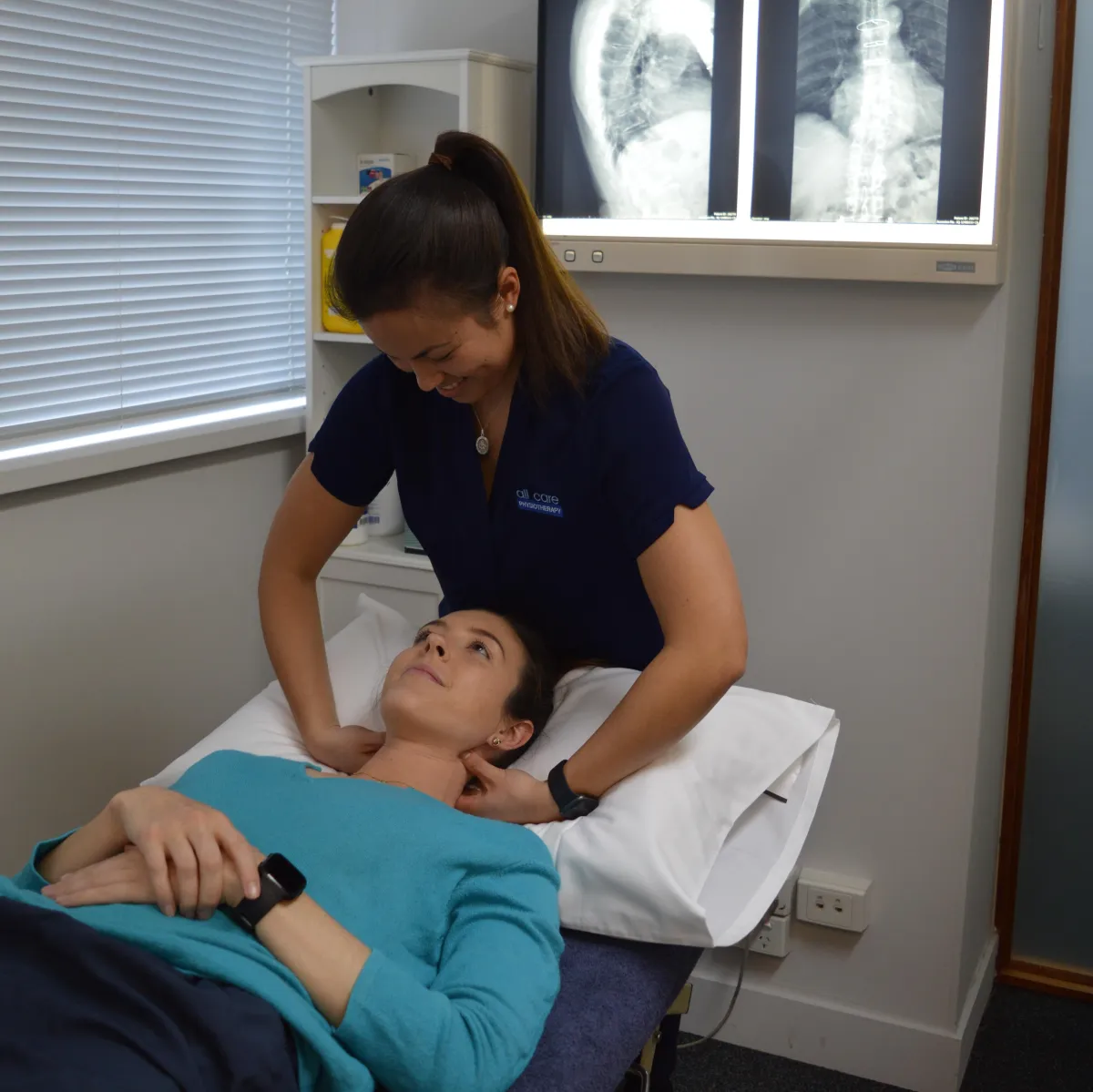
All Care Physiotherapy was established by Patrick Cruice in 1994 and has consistently provided a high standard of Physiotherapy care to the Brisbane City CBD and surrounding inner Brisbane city residents and professionals, as well as the broader community.
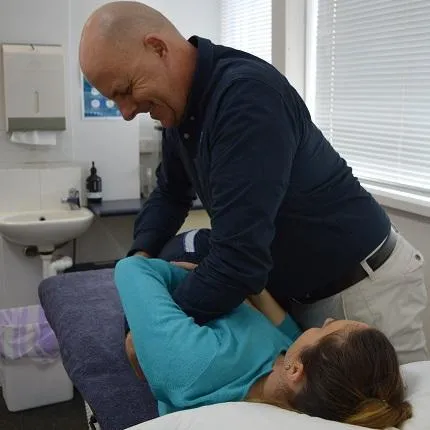
What Sets Us Apart?
With over 30 years of clinical experience and more than 35,000 clients successfully treated, our team brings a depth of knowledge that few clinics can match. We've seen almost every type of injury and condition—and we know what works.
We have strong, long-standing relationships with top orthopaedic and neurosurgeons at Brisbane Private Hospital, who regularly refer their patients to us for rehabilitation. You’ll benefit from a clinic that understands the complexity of post-operative care and delivers it with precision and compassion.
Our fully equipped, modern rehab gym allows us to support your recovery from early treatment right through to return to sport, work or daily life. From hands-on therapy to guided exercise programs, we help you progress safely and confidently every step of the way.
Located conveniently in the heart of Brisbane’s CBD, our clinic is easy to access via public transport and is within walking distance of bus stops, train stations and carparks, making your visits simple and stress-free.
How Can We Help?
At All Care Physiotherapy we treat a wide range of conditions from everyday aches to complex injuries. Whether you're dealing with a recent injury or something that’s been nagging you for a while, our experienced physiotherapists can help you understand the cause and work towards lasting relief.
We commonly help clients with:
Back pain – from stiffness and postural strain to disc injuries and sciatica
Neck pain & headaches – including tension, whiplash and desk-related strain
Shoulder pain – such as rotator cuff issues, bursitis and frozen shoulder
Knee pain – from ligament injuries and arthritis to patellofemoral pain
Hip & pelvic pain – affecting movement, stability or sleep
Ankle & foot problems – including sprains, Achilles issues and plantar fasciitis
Post-surgical recovery – regain strength and mobility after Orthopaedic Surgery (Hip and Knee replacements, ACL reconstructions etc)
Sports injuries – from sprains and strains to overuse injuries
Balance and dizziness issues – including BPPV and vestibular dysfunction
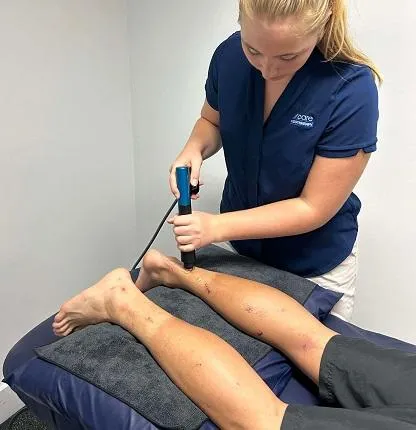
Confused about your pain and not sure what to do?
Get clear, professional advice in our free downloadable information packs
Back Pain
Understand why back pain happens and how to help it
Shoulder Pain
Understand why shoulder pain happens and how to help it
Knee Pain
Understand why knee pain happens and how to help it
All Care Rehab Central
Redefining rehabilitation
With 30+ years of experience in rehabilitation and physiotherapy, we’ve seen firsthand how much better recovery can be when it's backed by expert guidance, the right equipment and ongoing support.
Our goal is to help you return to the activities you love, reduce pain and help you to be confident and stronger than before.
The Rehab Central Pathway for you is to Recover and Rebuild to allow you to perform in life.
Unlike regular gyms, you’ll always have access to qualified clinical exercise professionals who guide you through safe, effective and personalised rehab programs.
Ground floor, Morris Towers, 149 Wickham Terrace, Spring Hill, 4000.
Monday - Friday, 7:30 am - 5:30 pm
Contact us today to speak with our friendly team and find out how we can help you feel your best
Latest Tips and Advice
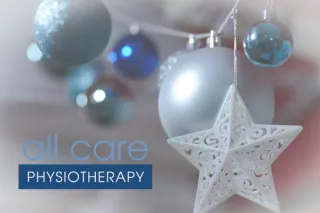
Keep Your Body in Tune This Festive Season
Stay pain-free this festive season with All Care Physiotherapy’s top tips on movement, hydration, lifting safely, travel comfort, and keeping your body in tune all summer. ...more
Physiotherapy
December 02, 2025•2 min read
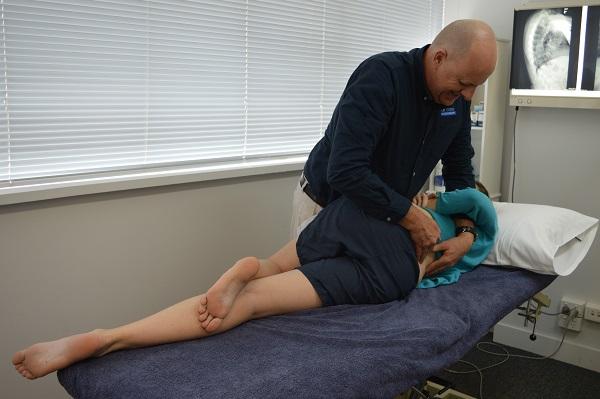
The Top Causes of Low Back Pain: Understanding What’s Behind Your Discomfort
Back pain is one of the most common complaints we see here at All Care Physiotherapy, and it can range from a mild ache to a debilitating condition. ...more
Physiotherapy
November 12, 2025•5 min read
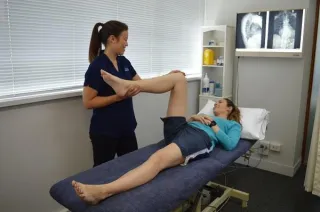
Physiotherapy Approaches for Effective Patellofemoral Pain Treatment
Relieve patellofemoral pain syndrome (PFPS) with expert knee physiotherapy in Brisbane. Our physios provide tailored treatment, exercises, and hands-on care to reduce pain, restore mobility, and suppo... ...more
Physiotherapy
November 05, 2025•3 min read
We’re proud to be connected with trusted professional affiliations and community partners.

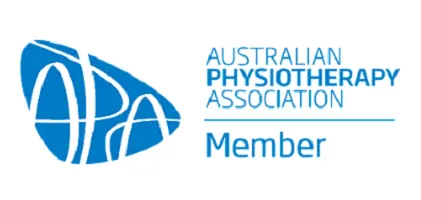
If you have any questions before scheduling an appointment or for general enquiries, please contact us. Our team will promptly reach out to assist you.
Opening Hours
Mon: 7:30am - 6:00pm
Tue: 7:30am - 6:00pm
Wed: 7:30am - 6:00pm
Thu: 7:30am - 6:00pm
Fri: 7:00am - 5:00pm
Sat: Closed
Sun: Closed

All Care Physiotherapy is powered by Vitala Health, a group of Allied Health Practices across New Zealand and Australia.
Vitala Health provides clinical solutions that supports clients health and lifestyle needs through best practice treatment, premium facilities, education and ongoing commitment to customer service. Learn more about Vitala Health
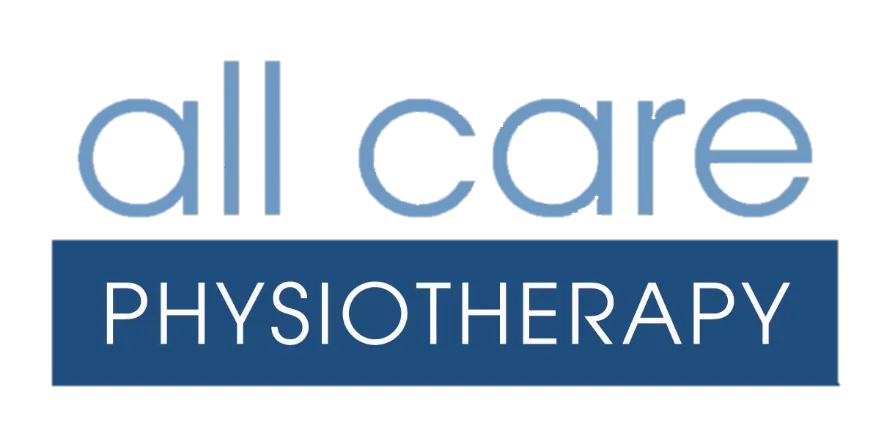

Follow Us
The Clinic
Common conditions
© Copyright 2025. Vitala Health. All rights reserved.

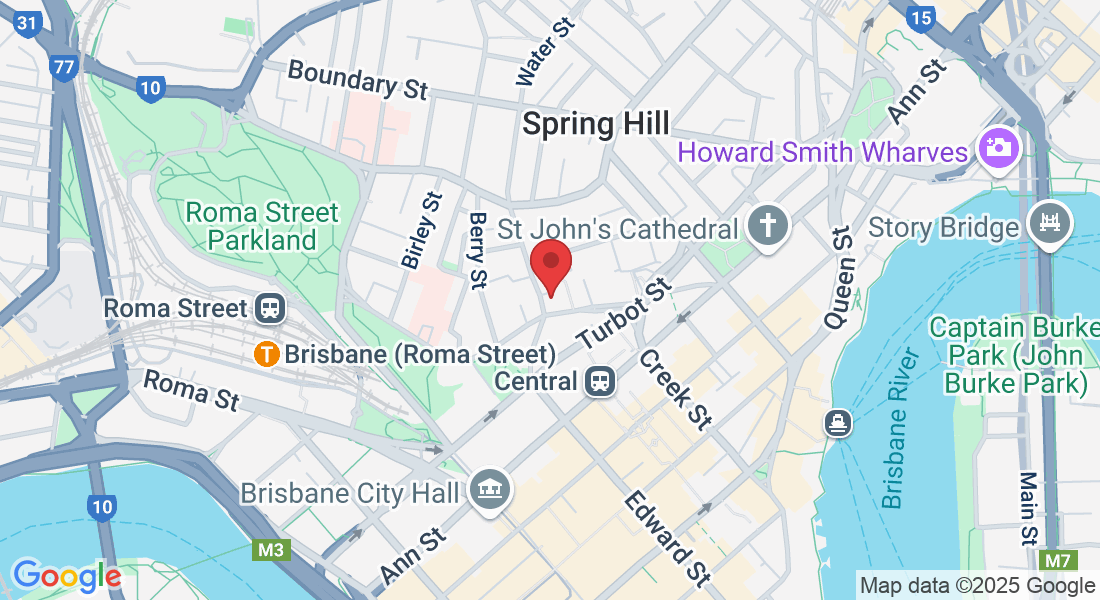
Facebook
Instagram
LinkedIn